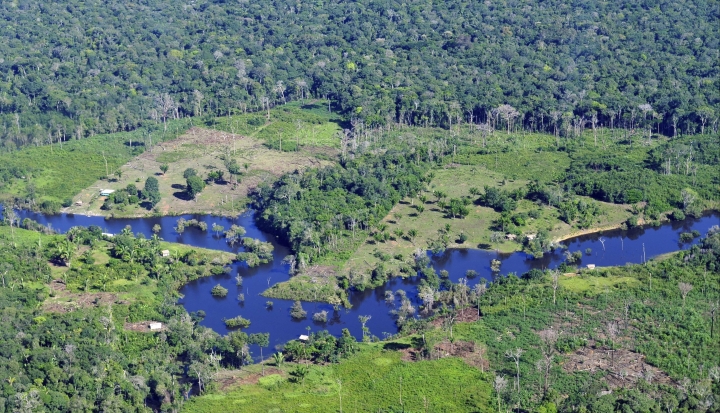Brazilians have been protesting since June about their unrest with hosting an array of international events in the upcoming years. With both the World Cup in 2014 and the Olympics in 2016 well underway, thousands have taken to the streets to voice their opposition. Many claim they want better health care facilities, an efficient education system, less police violence, better public transportation, and less corruption in the government, rather than these events. To add more to the mix, this year’s World Youth Day is being held in Rio de Janeiro. Many young Brazilians hope that Pope Francis supports their cause when he visits.
Although many are excited for Pope Francis’ first international trip to Brazil later this month, some are not pleased with the costs and safety precautions that need to be taken. As the country with the largest Catholic population prepares for the pontiff’s visit, church leaders from the diocese of Sao Sebastiao de Itaipu, in the city of Niteroi, are literally clearing the way for his arrival. Now negative environmental impact of land is being added to Brazil’s already lengthy list of reasons to protest.
To accommodate the expected 800 pilgrims who will join his for Mass, more than 300 centuries-old trees have been cut down at the edge of the Serra da Tiririca National Park and on church-owned property. The vacant land will now be enough to space for the papal Mass and all of the churchgoers.
Niteroi’s vice-mayor Axel Grael, however, claimed that church leaders never asked for permission to deforest the land. In an article in O Globo, a Brazilian newspaper, he said, “The incident is lamentable. An event for youth should be educational and demonstrate a commitment to the environment and the future. This removal is a criminal act.” Many Brazilian officials are pressing criminal charges against the Catholic Church for these actions.
Someone should definitely have been asked before they cut the trees down. To remove trees on private property is one thing (although probably not advised), but in a national park, it is illegal and, not to mention bad for the environment.
Conservation of the Atlantic rainforest in Brazil is an important task that many organizations are working for. Today, only 7 percent of the original rainforest remains intact. Protection of the land, trees, and biodiversity is crucial if it is going to continue to thrive in the future. Deforestation not only affects the trees but it also has several other repercussions including lack of erosion prevention, no flood control, bad water filtration, lack of fisheries protection, destruction of habitat for biodiversity (including animals and humans), and bad pollination. Removing one tree can cause problems for the entire ecosystem.
Pope Francis has expressed his opinions about the environment very bluntly since he became the pope a few months ago. He firmly believes that to protect God’s creation is to protect all human life and that it is a pro-life issue.
During a homily in St. Peter’s Square during the Feast of St. Joseph, Pope Francis stated that environmental care is everyone’s responsibility; not just Christians alone. “It means protecting all creation, the beauty of the created world, as the Book of Genesis tells us and as Saint Francis of Assisi showed us.” He urges, “Please, I would like to ask all those who have positions of responsibility in economic, political and social life, and all men and women of goodwill: Let us be “protectors” of creation, protectors of God’s plan inscribed in nature, protectors of one another and of the environment.”
I would be incredibly surprised if he had been consulted first and had given the OK to remove these trees.
Image: Flickr photo cc by CIAT International Center for Tropical Agriculture









